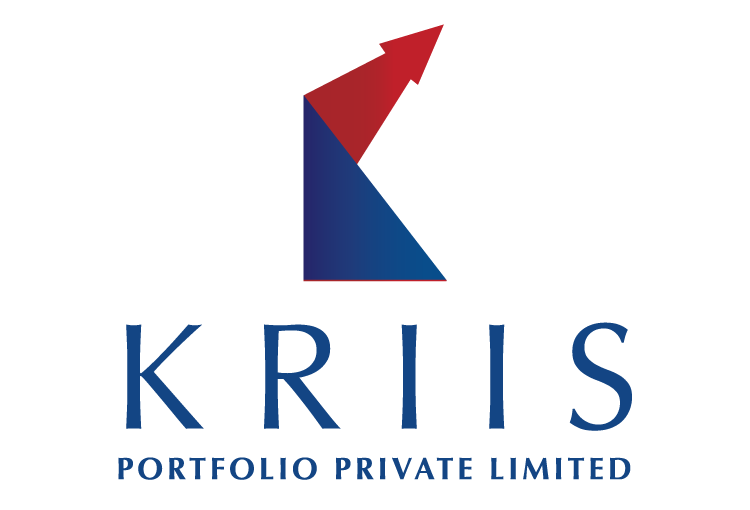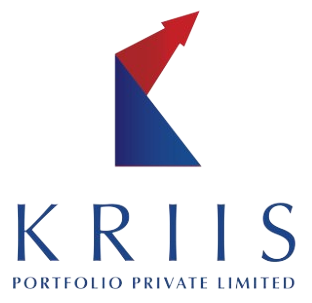- Home
- Who we are
- What we do
- How we do
- Invest with us
- Investor Relations
- Resources
- Blog
- Media
- Books
- Monthly Newsletter
- June 2024
- May 2024
- April 2024
- March 2024
- February 2024
- January 2024
- December 2023
- November 2023
- October 2023
- September 2023
- August 2023
- July 2023
- June 2023
- May 2023
- April 2023
- March 2023
- February 2023
- January 2023
- December 2022
- November 2022
- October 2022
- September 2022
- August 2022
- July 2022
- June 2022
- May 2022
- April 2022
- March 2022
- February 2022
- January 2022
- December 2021
- November 2021
- October 2021
- September 2021
- Contact
Portfolio Management Service
Managing your portfolio comes with a lot of challenges.
Investment in direct equities requires strong research, rich experience and regular monitoring that is highly inconvenient & time consuming for individual investors where desired returns are still uncertain.
Here are some key questions that an Investor should ask themselves whilst investing.

Am I a Trader or an Investor?
Trading is about buying and selling for short term profit whereas Investing is buying stocks with a long term goal. Traders should have knowledge about market movements, Read MoreRead Less

Should I monitor my portfolio daily?

When is the right time to Invest?
As an investor, it is always the right time to invest; It is all about investing in the right business. When you believe in the potential of a good business and invest wisely by buying Read MoreRead Less

Should I rebalance my portfolio?
As time goes by, long-term investors with a balanced investment portfolio must also assess the performance of various investments as some instruments can under/over Read MoreRead Less

Will I have enough money when I retire?

Should I follow the crowd?

When should I withdraw any amount?

Will fund manager’s fees eat my returns?
Paying too much can exasperate anyone out. It is important to find a fund manager who takes performance based fees and offers services where the value of your investment Read MoreRead Less

How will income tax impact my returns?
While investing, the primary concern of an investor should be growing wealth instead of saving taxes. Due to behavioural biases while investing for short-term gains
Read MoreRead Less

Should I invest in Mutual funds or PMS?
Investment in Mutual funds or PMS depends upon your status of income. If you are a small business person or salaried person who earns regular income then you can Read MoreRead Less

Should I invest on my own or seek some professional guidance?
If you have enough knowledge about the economy, market, company, prevailing investment options then you can invest on your own. But if you are not confident about your market understanding then it would be sensible to approach a professional fund manager where you can directly interact with him/her and can guide you well on your investment objective.
Would you like to Invest Wisely ?
At KRIIS this difficulty of investors is taken care of by a team of qualified professionals who consistently design investment strategies to generate optimum investment returns considering the risk appetite of the clients.
Don't leave your portfolio to chance.

KRIIS Portfolio Pvt. Ltd. is a Portfolio Management Company registered with SEBI (No. INP000006545) and is subject to its rules and regulations regarding capital requirements, disclosure and auditing norms.
Ⓒ 2021 KRIIS | Designed & Developed with ❤️ By Brand My Style
